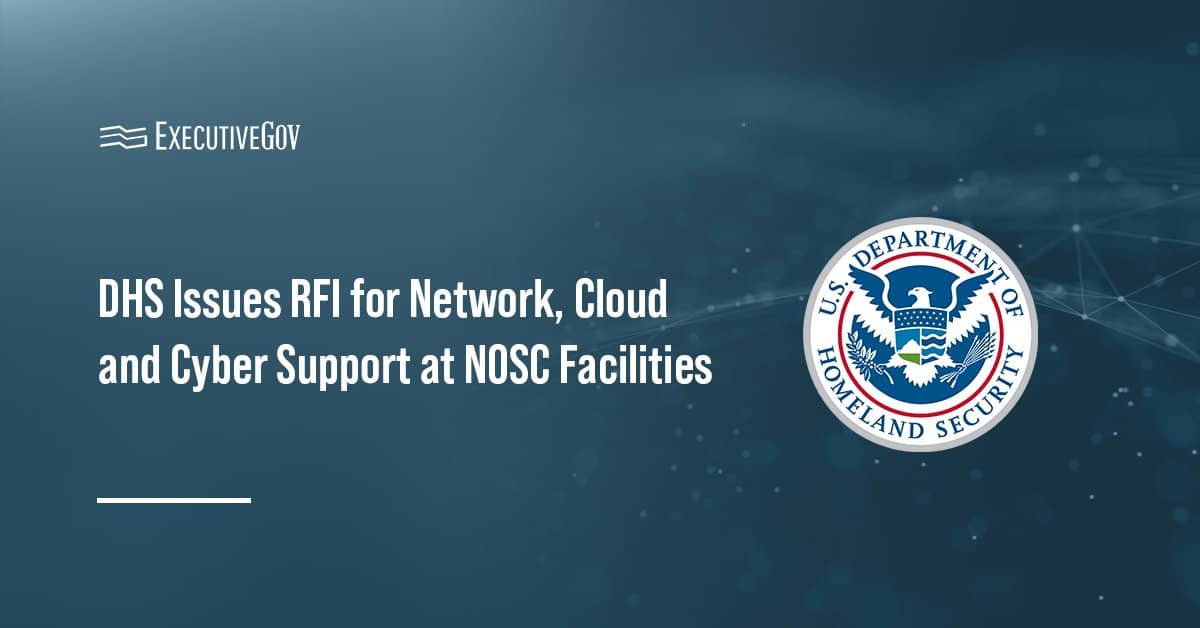The House of Representatives' committee on homeland security has voted to approve an amendment that adds $865 million to the Cybersecurity and Infrastructure Security Agency's funds, Nextgov reported Wednesday.
Rep. Bennie Thompson, D-Miss., presented the amendment to a $3.5 trillion reconciliation bill, which would boost CISA's cybersecurity funds if passed.
“Thanks to President Biden and Chairman Thompson’s visionary leadership, the Homeland Security Committee is proactively equipping the experts at CISA with the tools they need to strengthen our cyber defenses and continue to Build Back Better," said Rep. Jim Langevin, D-R.I.
The proposed amendment responds to a number of cybersecurity attacks witnessed by the country over the past years. The vote also follows the appointment of Kiersten Todt, formerly executive director of a cybersecurity commission under Barack Obama, as CISA's chief of staff.





